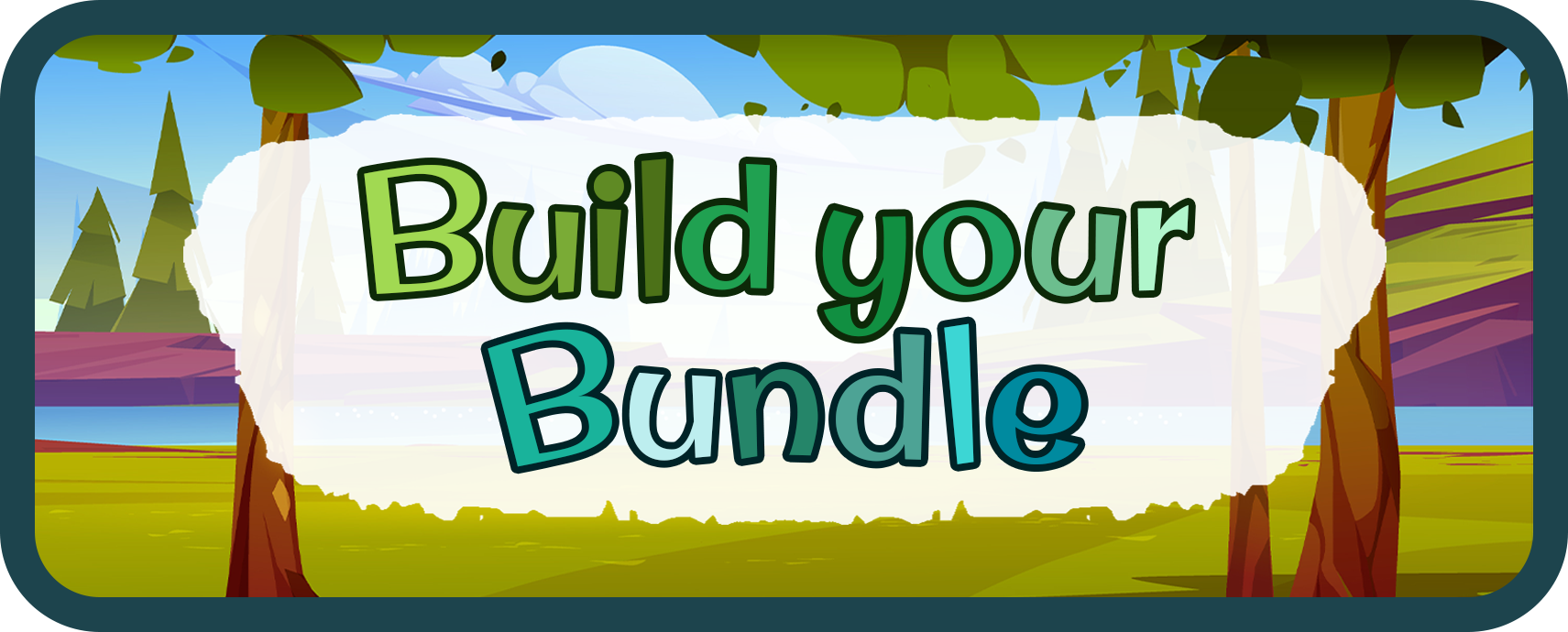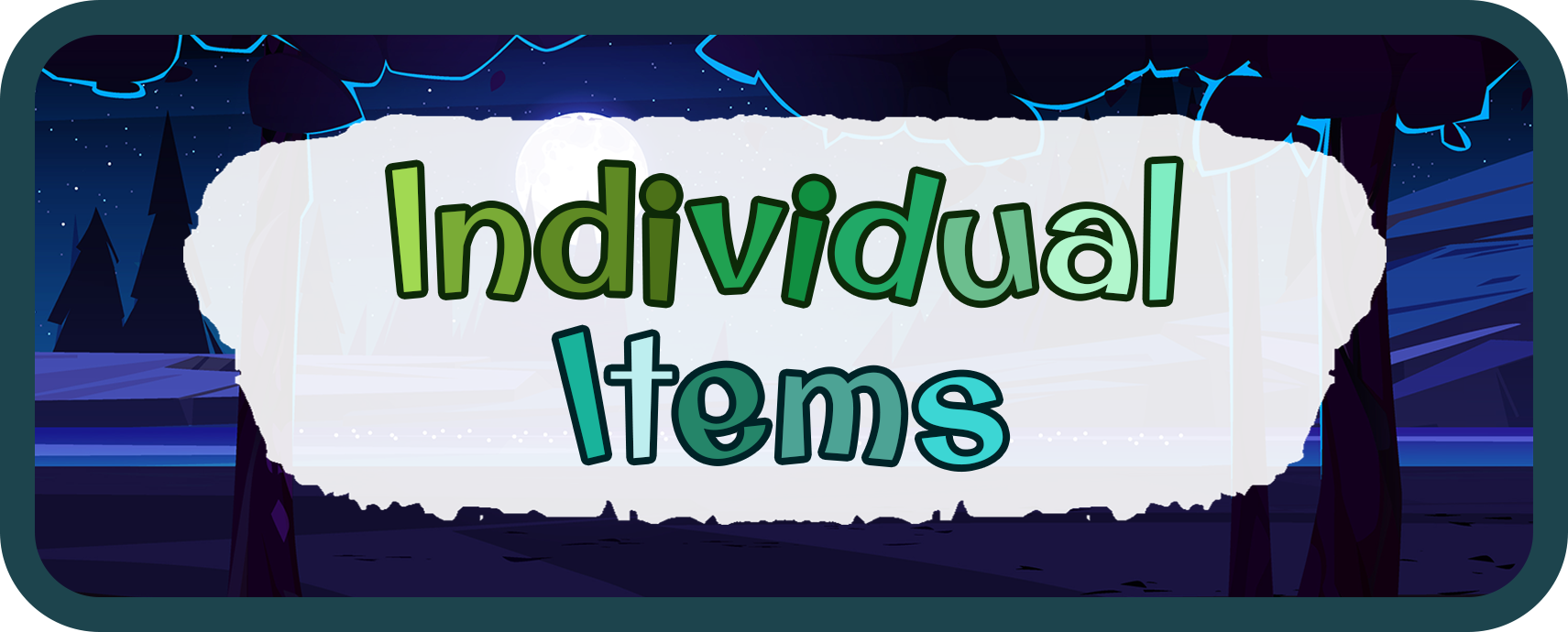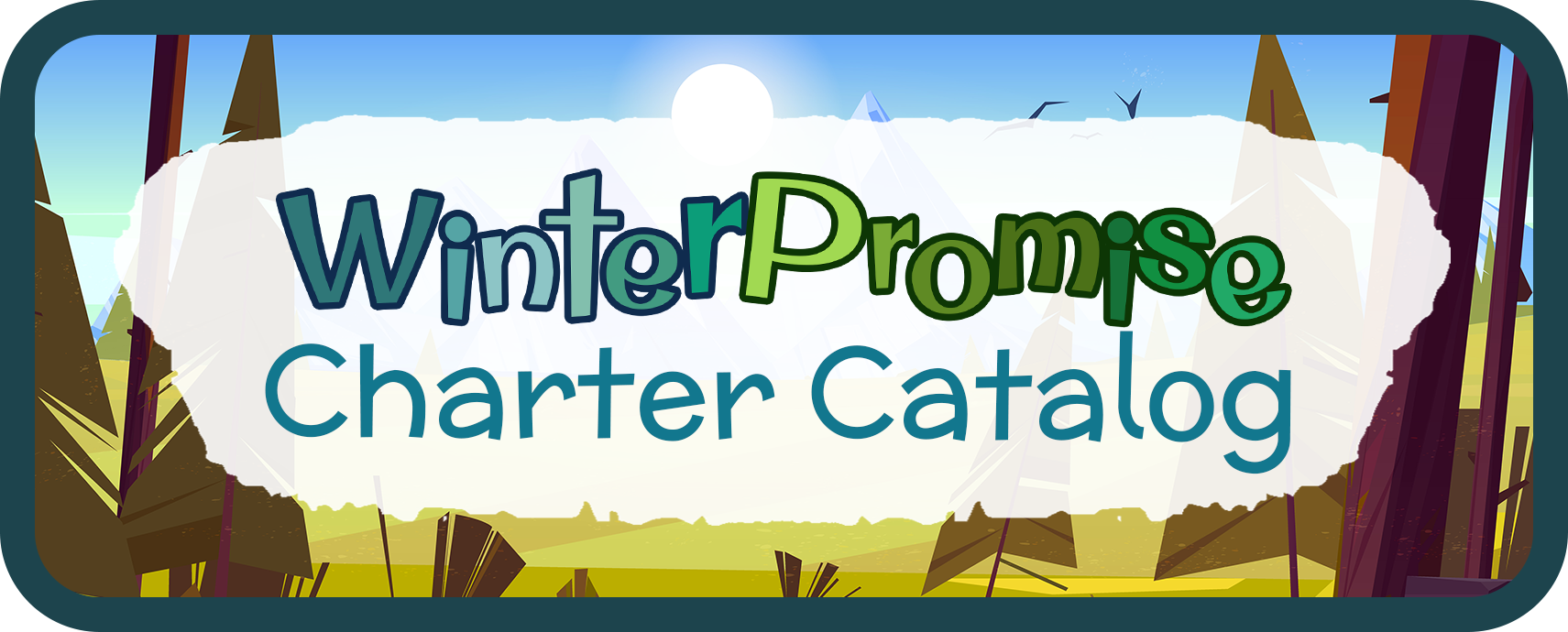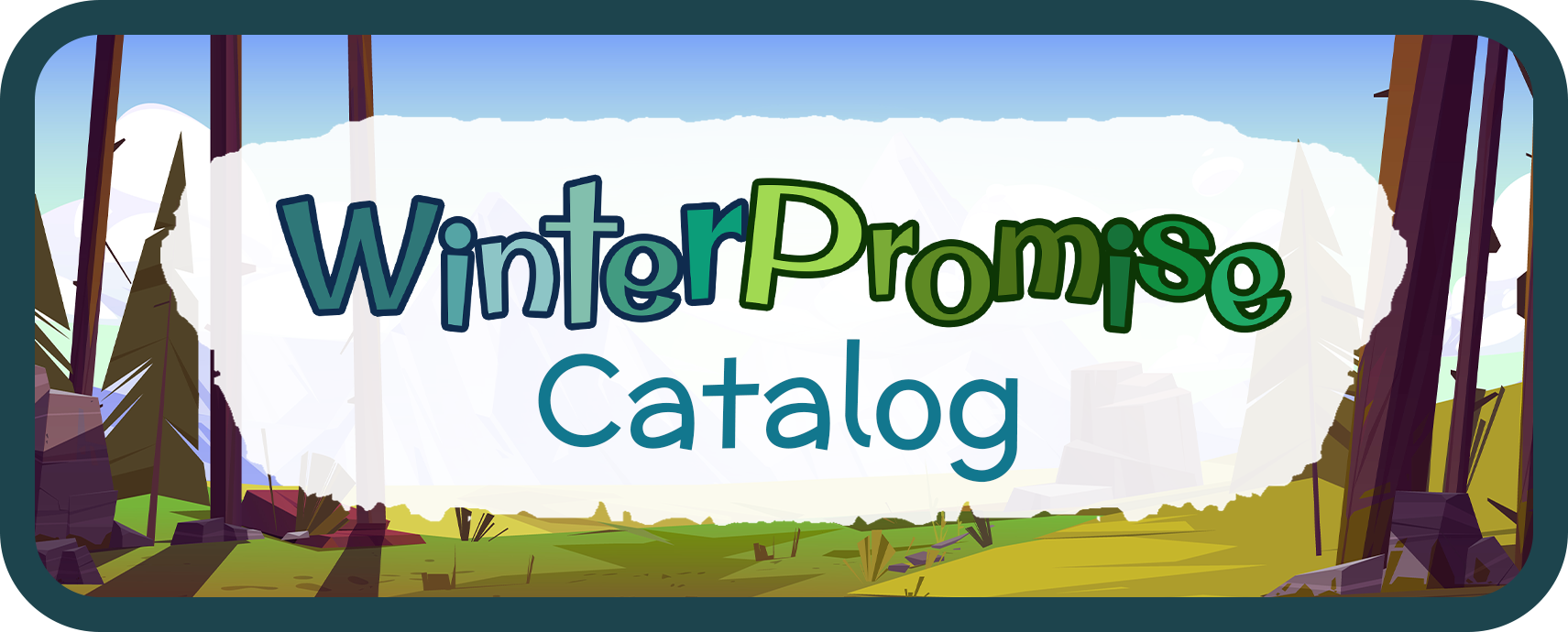Whole-Child
Education should not be one-size-fits-all nor should education be simply the accumulation of knowledge. Education should be tailored for the growth of the whole child with an understanding of the diversity of gifts and abilities our children possess!
- Educate with the Multiple Intelligences in Mind
- As a parent you understand your student in a unique way. You can see how one child learns differently than your other child. One may do best when drawing a picture in response to a question; the other may understand concepts well when asked to think deeply about an ethical or moral quandary. Education should mold to your child’s own learning style. Understanding the different forms of intelligence, helps us not only identify the intelligences our own children have but also helps us teach specifically to each child with their preferred learning method! It not only helps them, but it makes your job easier too! Your student will often engage easier when working within their own learning style! Take a look at the multiple intelligences:
- Visual-Spatial Intelligence: This intelligence is characterized by the ability to see with the mind’s eye and spatial judgement. These students may like to take notes or draw pictures about what they are learning!
- Verbal-Linguistic Intelligence: This intelligence deals with written or spoken words. Children with this intelligence may perform best when things are read or spoken about to them!
- Logical-Mathematical Intelligence: Students with this intelligence are good at activities involving logic, abstractions, reasoning, and numbers. These students often enjoy strategy games!
- Bodily-Kinesthetic Intelligence: This type of intelligence relates to actually performing activities by moving or involving your body. These students will often perform very well when doing hands-on crafts or activities!
- Musical-Rhythmic Intelligence: This area has to do with music, rhythm, and hearing. These students may be musically inclined or find that creating tunes to remember information works best for them!
- Interpersonal Intelligence: Interpersonal intelligence has to do with learning with others or in a group. These students like to engage with others while they are learning!
- Intrapersonal Intelligence: As you can probably guess this intelligence is the opposite of interpersonal intelligence. These students work best when they are on their own and working at their own pace!
- Naturalistic Intelligence: As the title suggests students with this type of intelligence love nature and the outdoors. These students may be interested in science over other subjects and most likely enjoy spedning time outdoors exploring their world!
- Existential Intelligence: This intelligence is a little trickier than the others. It relates to abstract thinking and philosophical questions. These students may enjoy thinking about questions that are not easy for you to asnwer for them! Brainstorming different solutions for something that is rather difficult to solve may be something they really enjoy!
- As a parent you understand your student in a unique way. You can see how one child learns differently than your other child. One may do best when drawing a picture in response to a question; the other may understand concepts well when asked to think deeply about an ethical or moral quandary. Education should mold to your child’s own learning style. Understanding the different forms of intelligence, helps us not only identify the intelligences our own children have but also helps us teach specifically to each child with their preferred learning method! It not only helps them, but it makes your job easier too! Your student will often engage easier when working within their own learning style! Take a look at the multiple intelligences:
Chances are you thought of your student when reading about a couple of the different intelligences! If you want to learn more about the multiple intelligences and how you can mold your students education to fit their intelligence best, read about it here!
- Educate for Whole-Child Growth
- Charlotte Mason viewed education as not only a learning experience but much more of a lifestyle. Education does not mean just learning facts, names, or dates, but education is a wholistic journey. Education should enable students to grow as people- socially, characteristically, and familiarly. We want education to encourage the every aspect of growth for your child. For example, Adventures in the Sea & Sky teaches about bravery and gallantry. We want to use these people in history to show morals and ethics and to help you as a parent instill these characteristics in your student!
- Empowering Self-Expression, Offering Self-Knowledge, and Encouraging Self-Confidence
- Self-expression should be encouraged in education rather than discouraged. Our journals are written to encourage all different types of expressions and learning.
You can encourage your student to express themselves via word, drawing, or even expression in nature. Giving children the space to think for themselves and learn to express themselves in the way that connects with them allows for personal growth as well as confidence. When students begin to grow in their self-expression their self-confidence grows as well. Allowing them the time to reflect on what they are learning and what they are feeling and thinking encourages self-knowledge.
- Self-expression should be encouraged in education rather than discouraged. Our journals are written to encourage all different types of expressions and learning.
Whole-Family
- Make education a part of your family experiences by making memories together
- We want education to fit your family! Education should mold to your family culture rather than running your life! Our adventures are designed to be malleable! You can change it to fit your family no matter your dynamic!
- A great way to encourage learning in your children is through making memories. Life is made up of memories. We sit back and remember the little conversations we had with our grandma early in the morning over breakfast or the time our father pushed us higher on the swing than ever before! Memories are one of the best ways to help educate. Memories are best made when you can do it together as a family! It’s a great way to learn but it also is a fun way to build family culture! Discover how giraffes’ tongues work or how the medieval castles influenced their society in fun and interactive ways like visiting the zoo or taking a tour through historical buildings!
- We do the work for you so you can maximize family time and relationship
- We want you to focus on your family rather than having to focus on doing a lot of work! A Charlotte Mason parent-teacher focuses on discovering education together rather than just teaching the student. We want to do the work for you so you can focus on discovering your adventure together as a family!
- We also create our themed programs for a wide variety of ages so that you can do adventures together as a family tailoring them to your students ages. Many of our theme programs have specific resources created for older or younger students, but they will still be discovering the same information at the same time so you can do it together as a family! For example, our Animals & Their Worlds has a younger journal which focuses on having young ones drawing their responses or coloring in pictures or cut and past activities where our older journal has many of the same type of activities but also includes more written work. There are also resources such as the Alphabet Fun Pack which help younger learners work on their alphabet where as the older learners would not need to focus on this. We want our WP Families to be able to discover the joy of education together!
- Make it simple or dive deep for whatever your family needs and enjoys
- Our programs are chalked full of experiences and activities, but we don’t suggest that you do everything. We want you to choose what is right for your family! Some weeks you may find that life is just too busy – which happens! Life is unpredictable. Things happen! We want our adventures to encourage rather than discourage. We recommend that you go through the list and decide which activities sound exciting or will help cultivate a love for learning in your family! Ask your kids! Which activity or experience intrigues them! Someone like me – I love going to museums. I utterly love it! But other people love experiences in nature or art – go to a zoo or a symphony. Our guides are created to allow you to choose what to do rather than feel the necessity to do them all! Choose what’s right for your family! Don’t feel that you need to complete every activity!





